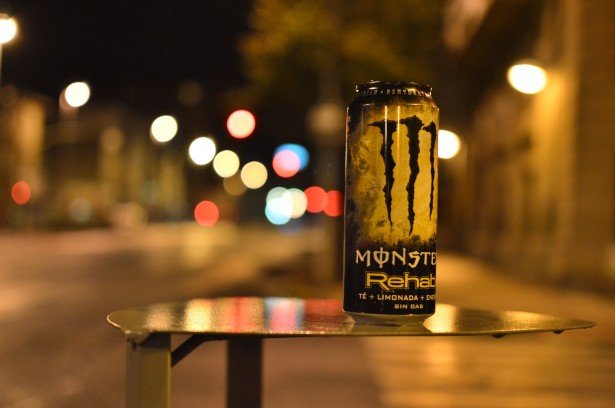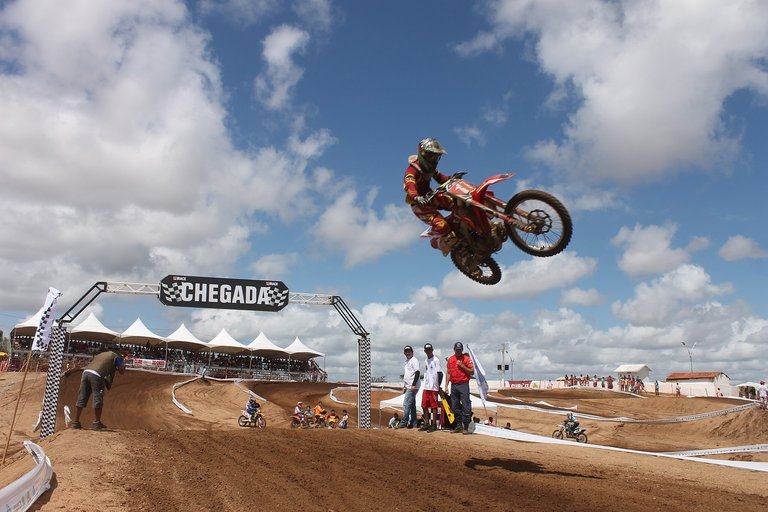The Physiological and Health Effects of Energy Drink Consumption
Energy drinks are that one drink that a lot of people are now literally obsessed with. Composed of different ingredients depending on the company that produces them, and they have been synonymous with events such as maintaining focus, preventing a person from sleeping, and other activities that involve alertness.
There are different companies producing different brands, but these brands would put ingredients such as sugar, stimulating additives, carbonation, and coffee. To be more precise, the stimulants can include guarana from the guarana plant, taurine (an amino acid found in fish and meat), vitamin B, and L-carnitine (found in humans as well, and can turn fat into energy).
Guarana, similar to caffeine, contains other chemicals like theophylline and theobromine. Taurine, an amino acid, is known for its potential benefits in treating congestive heart failure, diabetes, high blood pressure, and hypercholesterolemia. Depending on the brand, they can add different shades of vitamin B, but vitamin B is a family of 8 vitamins that play a key role in metabolizing energy in the body. Vitamin B is a water-soluble vitamin and isn't stored in the body if not used, it is passed out without any adverse effect on the body. You might also see other ingredients such as Glucuronolactone, Ginseng, Ginkgo Biloba Leaf, and so on.
If you have checked the label of so many energy drinks, they do not mention the amount of caffeine in them and well, they are not liable to state that, so actually, you cannot specifically mention the total amount of caffeine you are taking in on one serving. While the exact amount of caffeine in many energy drinks may not be disclosed on the label, some studies have explored their caffeine content.
To understand how energy drinks impact the body, we need to delve into the hormone epinephrine, also known as adrenaline. It is a hormone associated with the fight-or-flight mode of the body, converting the organs involved in metabolism and motor movement to begin to respond at a peak level. Adrenaline is produced in the medulla which is located at the center of the adrenal glands which is situated on top of the Kidneys. It is released when the central nervous system starts to experience threat responses, triggering the threat response mode.
The central nervous system (the brain and spinal cord) operates in the parasympathetic and sympathetic states, with the parasympathetic state controlling the normal activities of the body without any form of impulse alertness (the rest and digest state), while the sympathetic state has to do with the fight or flight response where adrenaline is released. This release causes the heart, brain, and muscles.
The process starts in the amygdala (which controls responses to fear, distress, and anger) and the hypothalamus (which controls temperature, breathing, heart rate, and other body homeostasis). When the amygdala perceives a threat, it sends it to the hypothalamus which immediately sends instructions to the sympathetic system to come alive. This leads to increase breathing, and heart rate for blood to move faster. In the blood, adrenaline binds to two types of receptors which are the alpha-adrenergic receptors and the beta-adrenergic receptors which are found in almost all cells causing the entire body to feel the effect of adrenaline.
That said, let's continue with excessive intake of energy drinks. Scientists investigated a case of a patient that experienced brain bleeding from excessive drinking of energy drinks. While I didn't see much research on this particular issue except from the 2016 journal which is on the reference page, I was able to look at more research. One research discussed Cardiac arrest in people following excessive consumption of caffeinated energy drinks. One of the cases was that of an otherwise healthy 28-year-old man motocross racer who had a cardiac arrest after a day of motocross racing. He had consumed excessive caffeinated "energy drinks" before his race. which then led to a cardiac arrest as a result of his strenuous physical activity which produce myocardial ischemia by inducing coronary vasospasm.
There have been cases of excessive intake of caffeine in the body, and this now takes us back to the autonomic nervous system. Caffeine consumption triggers adrenaline production and blocks the adenosine receptors in the brain, which would cause the body to be alert instead of being drowsy but then, when it is excessive, it becomes a dare situation increase heart rate, pupil dilation, saliva inhibition, bladder relaxation, decreased sweat production and so on is experienced. This can also have fatal effects when excessive. Research on the long-term effects of energy drink consumption is limited, making it important for individuals to be mindful of their intake and consider the potential consequences of excessive consumption.
Reference
https://www.ncbi.nlm.nih.gov/pmc/articles/PMC3777296/
https://www.hindawi.com/journals/aph/2023/9938190/
https://www.sciencedaily.com/releases/2016/11/161122121946.htm
https://www.mdpi.com/2306-5710/1/2/104
https://pubmed.ncbi.nlm.nih.gov/19120009/
https://www.nccih.nih.gov/health/energy-drinks
https://www.ncbi.nlm.nih.gov/pmc/articles/PMC4682602/
https://www.ncbi.nlm.nih.gov/pmc/articles/PMC5632999/
https://www.ncbi.nlm.nih.gov/pmc/articles/PMC3181830/


I don't like energy drinks but on a particular night, I decided to take it. Afterward, I couldn't sleep till morning. With this occurrence, I knew that everything was wrong with it. Thanks for sharing this information.
Caffeine actually reacts differently in people. While some people will take about 2 cups of coffee of a can of monster energy drink and still be fine, others would take it and would look like they are running a race up and down. Occurrence with caffeine is distinctive from one person to another and that is why we should be careful of what we take in, if we do not know the effects it has on our body.
This is a great post. I believe our society is really consuming energy drink at a high level which might be dangerous. This drinks and caffeine has health effects to our body system that is not good
Thanks for your contribution to the STEMsocial community. Feel free to join us on discord to get to know the rest of us!
Please consider delegating to the @stemsocial account (85% of the curation rewards are returned).
Thanks for including @stemsocial as a beneficiary, which gives you stronger support.
Energy drink is okay unless you go beyond the limit. Caffeine is the most abundant energy drink, and like coffee, it both has positive and negative effects on our bodies. Too much is dangerous, and that's what we must aware of.
Intresting post
Wow. there is this energy drink which i do love to take almost everyday and i cant say i am addicted to it lol. it is called predator, mostly i take it anytime i want to read and do some work at night to prevent me from sleeping. i hope the percent of caffeine can be identified, it will be helpful